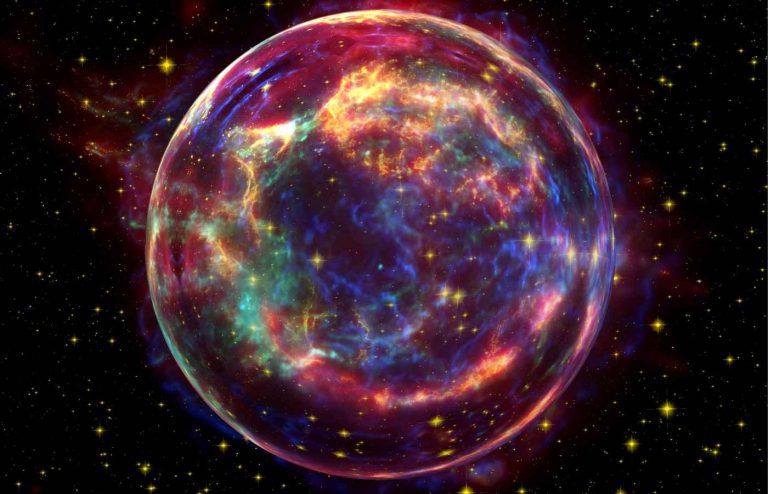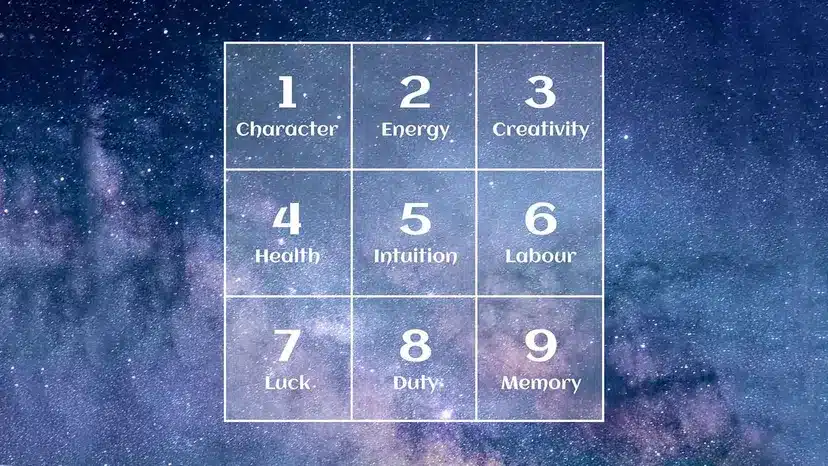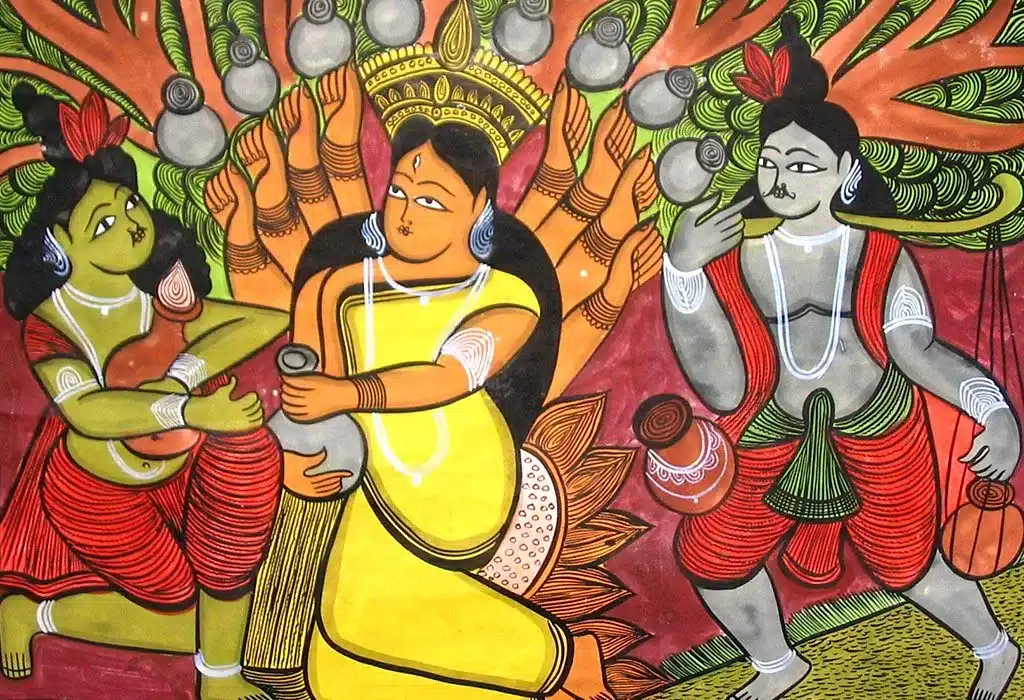Selecting a child’s name is one of the most important and careful decisions for parents, especially when their belief is inclined much toward cultural significance, dreams, and hopes.
Some parents choose the names based on their family’s history or current trends, but some opt for mystical names based on mythological belief and inspiration.
The idea that mystical names can shape a child’s personality has its roots in many cultures and traditions worldwide.
But what sort of relevance does it hold? How can mystical names influence a child’s personality and future life?
In this article, let us try to answer such pertinent questions and the practicality behind it.
Cultural and Historical Perspectives

Throughout history, different cultures have interpreted names in many different ways.
Names are often associated with the divine, heavenly bodies, or mythical characters.
In many ancient cultures, names were seen as powerful entities that could determine a person’s fate.
For example, in the Hindu religion, ‘nama-karana’ means selecting a name according to astrological or numerological principles to ensure a balanced life.
In the same way, in Greek mythology, names were associated with the attributes and characteristics of gods and deities.
The concept of a name carries an inherent power or essence that has been around for generations and is still a common belief in modern cultures of different regions.
Numerology and Vibrational Energy
Numerology, the study of the mystical significance of numbers, plays a crucial role in many naming traditions.
Each letter in a name is associated with a numerical value, and the sum of these values is believed to influence a person’s character.
Some numerology proponents believe that certain numbers attract different forms of energy.
By matching a child’s name with auspicious numbers, parents can shape their child’s destiny in a positive way.
For example, a numerology-based name that promotes creativity and intuition could be interpreted as promoting these qualities in your child.
While some may view numerology as a pseudoscientific theory, its long-standing popularity indicates that many still believe in the spiritual significance of names and numbers.
Astrological Considerations
Astrology is another ancient practice used in naming rituals for centuries.
The position of the heavenly bodies at the moment of a child’s birth is thought to determine the baby’s personality and life trajectory.
By selecting a name that matches the child’s astrological sign or the position of the planets, the parents hope to infuse their child with positive cosmic energy.
For instance, a child born under the sign Leo could be named after the constellation of Leo, which is believed to represent strength and leadership.
Although astrology is often viewed with skepticism, the idea that celestial bodies can influence earthly matters persists and develops naming practices in different cultures of this big world.
Mythical Inspirations
Mystical names are derived from mythology, folklore, and legendary figures.
A parent may choose a name for their child associated with a god, goddess, or mythical figure to attribute specific characteristics and qualities.
In doing so, they hope and pray to develop a sense of individuality and strength in their child.
Mythological names often have strong cultural and symbolic meanings attached to them.
For example, a child named Shivansh or Shiva is likely to symbolize strength and mindfulness, similar to the Hindu God Shiva, often associated with High energy.
Of course, the child’s personality is influenced by other factors, but the symbolism attached to mythical names can play a significant role in determining their identity.
Psychological Impact of Names
Apart from the mystical and cultural aspects, there is another psychological aspect to how names shape personality.
The name-letter effect is a well-known psychological phenomenon in which people prefer the letters of their names.
This preference extends to choosing careers, partners, and places of residence that share initials with their names.
This psychological attachment to an individual’s name can surely contribute to developing specific personality features.
In addition, the way people perceive names can affect an individual’s self-esteem and self-confidence.
For example, a name that’s unique or out-of-the-box thinking can make you feel unique and creative, while a generic name can make you feel like you’re part of the normal crowd.
Knowing these psychological dynamics adds an extra layer to the relationship between names and personality.
Final Words
The power of mystical names to shape a child’s personality is an interesting combination of culture, psychology, and symbolism.
From ancient mythologies, folklore, and global customs, these names shape a child’s perception of themselves, the world, and the society around them.
While the power of a name isn’t a determinative force, it does contribute to the individual’s identity by adding layers of importance and meaning to their life’s journey.
Ultimately, the magic lies not just in the name itself but in the stories, symbols, and aspirations it carries, contributing to the child’s evolving personality.












